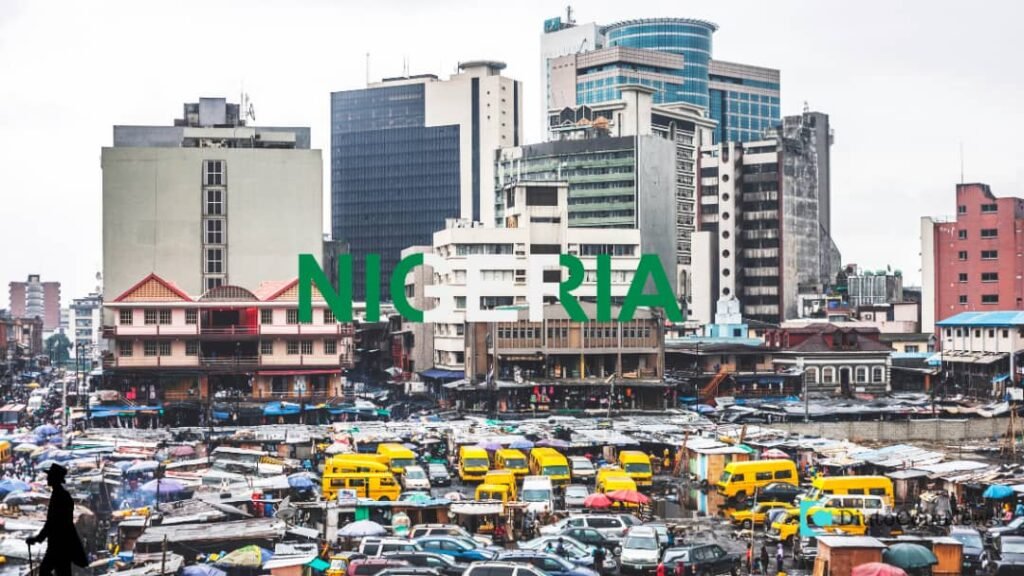Boko Haram exploits crypto’s anonymity to fund terrorism, spotlighting digital currencies as a growing blind spot in counterterror efforts.
Boko Haram has increasingly turned to cryptocurrencies and mobile money to finance its operations, using digital anonymity to bypass traditional banking oversight. The group reportedly raises millions through ransoms, looting, and coerced donations (zakat), then launders the funds via peer-to-peer crypto systems.
With over $59 billion traded in crypto between July 2023 and June 2024, Nigeria’s booming digital asset market—driven by inflation and currency instability—has become fertile ground for abuse. Analysts warn that Boko Haram leverages crypto’s decentralized features to fund weapons, logistics, and cross-border movements across the Lake Chad Basin.
Security experts say these platforms allow the group to operate undetected, often using unsuspecting NGOs and local intermediaries to disguise illicit transactions. In 2024, Nigerian authorities froze over 1,100 bank accounts linked to terrorism and convicted 85 individuals for terror financing. But regulators still face challenges due to poor coordination and the sheer scale of peer-to-peer transactions.
Experts urge stronger inter-agency collaboration, targeted crypto regulations, and advanced tracking tools to cut off this digital financial lifeline. “Disrupting cryptocurrency funding is critical to reducing Boko Haram’s capacity for violence,” analyst Oge Okonkwo emphasized.
Discover more from DiutoCoinNews
Subscribe to get the latest posts sent to your email.











